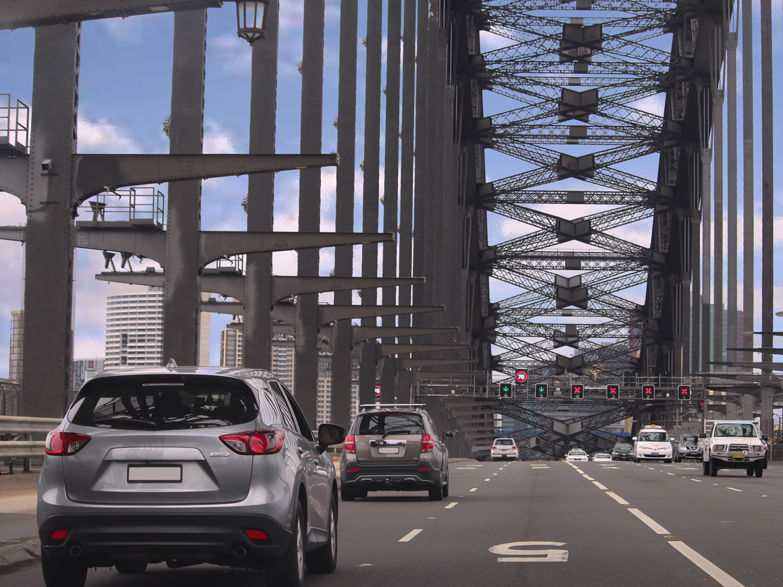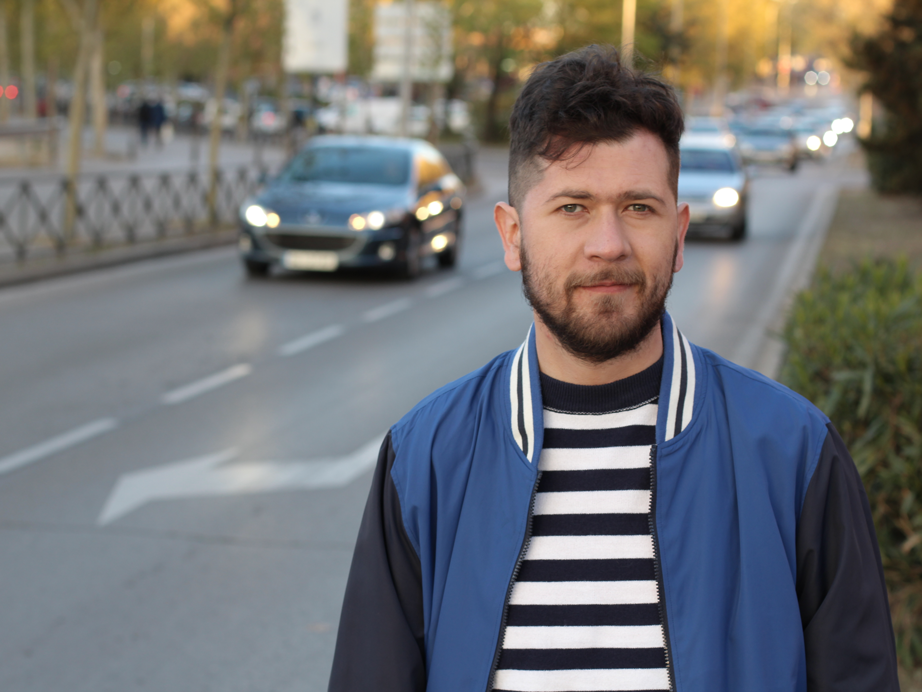Statistics show that approximately 40% of all children who died from injury had died in transport accidents. This was almost double the amount of children who died from accidental drowning, which was the second highest cause of child injury death.
The children who are injured in transport accidents face the challenge of coming to terms with living the rest of their lives with a physical, mental or emotional limitation. Their parents are then left to provide them with support both emotionally and financially, with the assistance of the Transport Accident Commission (TAC).
Under the relevant law, a child injured in a transport accident is entitled to lodge a claim with the TAC until their 19th birthday, regardless of how old they were when the accident happened.
If the accident was caused by a negligent driver, children have until their 25th birthday to sue for pain and suffering and loss of earnings into the future. The limitation period is effectively extended, as the 6 year timeframe in which court proceedings must start begins running after the child turns 18.
If you were injured in a transport accident as a child, or are the parent of a child injured in a transport accident, please contact Redlich's Work Injury Lawyers on (03) 9321 9988.


